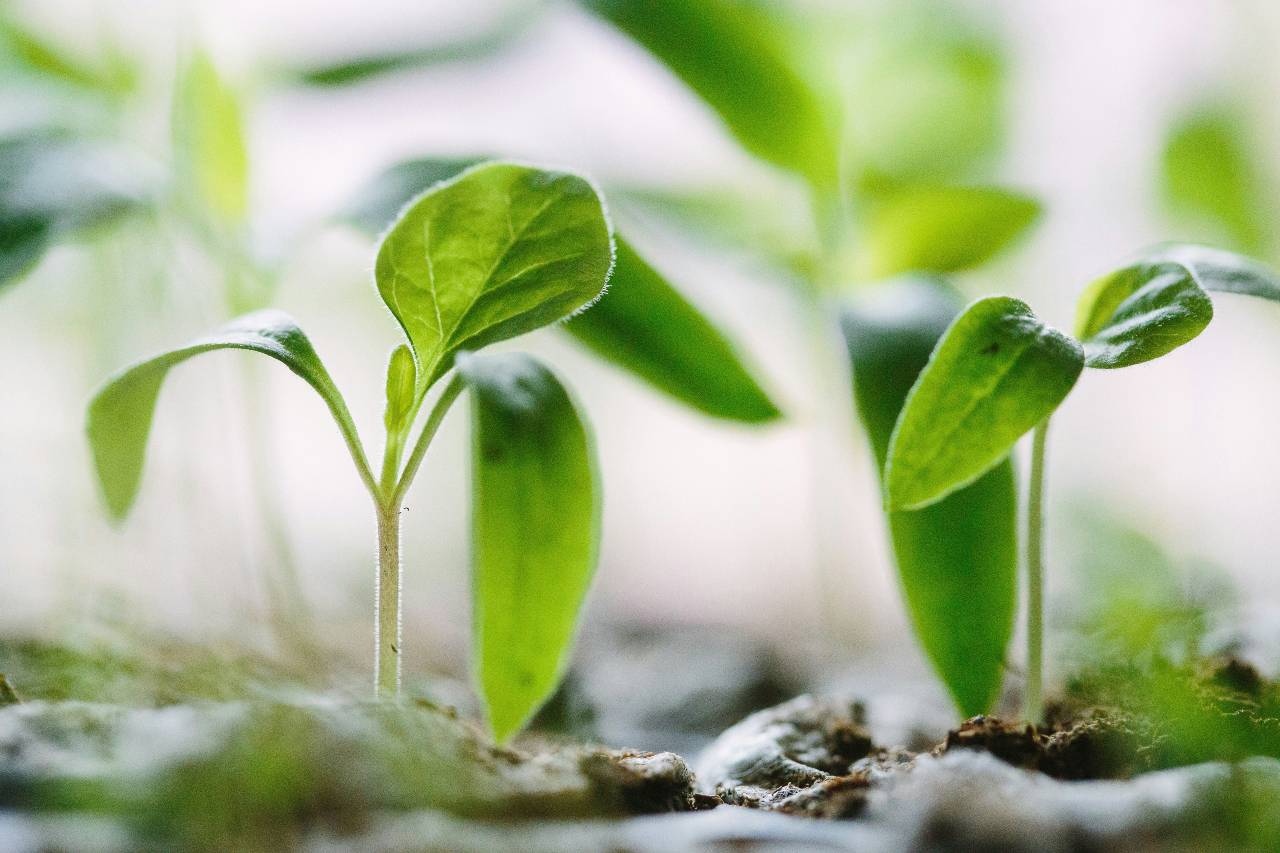This Week: Proper 6B
Gospel: Mark 4:26-34
With the lectionary offering up the rise of the kings in Hebrew Scripture these weeks, I am often drawn in that direction. There is something deeply important to this, as God says to Samuel in last week’s reading that the desire for kings is insulting to God.
Our apprehension to deal with as something other than history, rather than our continuously present posture is telling. We take this moment so literally. And God’s reluctance in letting the people have kings as if it were a tacit endorsement.
This is made worse this week, as God searches for a replacement king for Saul, who lost God’s confidence through madness.
This, too, should be treated as foreshadowing, rather than a full-throated endorsement of David.
Honestly, we read this and go, Oops, God screwed up the first time, but got it right the second time. Which is kind of a funny way of admitting that God makes mistakes and also ignoring that God is totally willing to say nah, that guy isn’t cutting it.
Beloved David will screw up. And his son will be a war-profiteer after all of his brothers kill each other off for the throne. But sure, let’s talk about Good King David and the glories of the blessed monarchy.
So, how about those parables?
Jesus’s teachings in Mark aren’t really what we think of as parables, so that, too is a minor quibble. But what he does attempt to do is illustrate God’s desire for the ordering of creation through images.
And these two images are interesting, especially in light of the preceding teaching.
They both deal with growth of seeds into fruit-offering plants. Both are useful, clear, and the kind of teachings we like to grab hold of because we really can pair them to our lives.
In the first, Jesus focuses, not on our activity in its specificity, but in God’s work to our benefit. This one often gets put into a blessing context, with a focus on a “hands off” approach from us. That’s a God thing, not a me thing! But I’m not sure that’s the thing we’re really supposed to draw from it. At least not as the ONE thing to draw from it anyway.
I suspect the more valued teaching is that God’s Dream isn’t a prescription to be known, ordered, and duplicated. The idea inherent here isn’t that humans can’t know about how plants grow, but that knowing that isn’t the purpose of growing things.
Maybe this image of my own can help illuminate this distinction.
When I was hospital chaplain during seminary, I was learning about different diagnostic techniques. And at one point, late in the program, I found myself totally flummoxed at the bedside of someone experiencing several different pain points at once. And what I was stuck on was which diagnostic tool to use. I was failing to help her because I was far more focused on the process, the technique, and understanding how to do this thing, than I was in being with her.
Perhaps, then, the Kingdom is like a chaplain who sits with another person in their pain. And the healing comes, not through technique, or best practices, but from God.
Don’t forget the mustard seed!
The second parable is one of the most famous of all of Jesus’s teachings. And I doubt it is one we struggle with. God does great things, indeed!
There are two interesting notes I like to strike with this one, though.
1. The smallest faith
There is a fascinating tension in the gospels and within Mark itself between Jesus’s seeming derision, “you of little faith” with this teaching, which is to say that even the tiniest faith is incredibly powerful.
I often wonder if our struggle with this teaching is that we mistake the lesson as being about the faith. That we disembody the faith from a person and focus on the faith itself rather than remember that faith is something that we do.
So, the person with a mustard seed faith can do remarkable things. Yeah, we’re all there. But the point is actually the opposite. That sounds like a person with faith as small as a mustard seed has this special superpower—but this is about everyone having faith. And even the tiniest speck of faith is enough.
And maybe it isn’t even about us, really. It’s about how not static the Kingdom itself is.
So this isn’t a parable about what could be if we believe, but what can be when we do.
2. Giant shrubs
I love this image because it messes with my own brain and tickles the imagination.
I’ve heard so many talk about it like the mustard seed becomes a giant tree. A redwood or a northern white pine. Giant, skyscraping trees.
No, it is a shrub that grows taller than the trees! A shrub! The plants we use for decoration in front of the house precisely because they don’t get big!
Bushes becoming canopies—sources of rest for birds. There’s an entire ecosystem transformation here.
I think this image serves to decouple our own fixations from our inspirations. It helps us speak of not just growth, but transformation. That God is neither limited to the basic laws of nature, but its boundaries as well.
And one of the casualties of this transformative power of God is our absolute belief in taxonomies—in the way we order and secure our understanding of the limits and connective tissues of creation. Taxonomies put “fish” as a category and then labels everything “fishlike” as “fish”.
But here is an image in which not only is a seed not behaving like a seed, not yielding the proper results for that particular seed, but shrubs aren’t behaving like shrubs, either. And, in a sense, I think that is more disorienting—and exciting!
